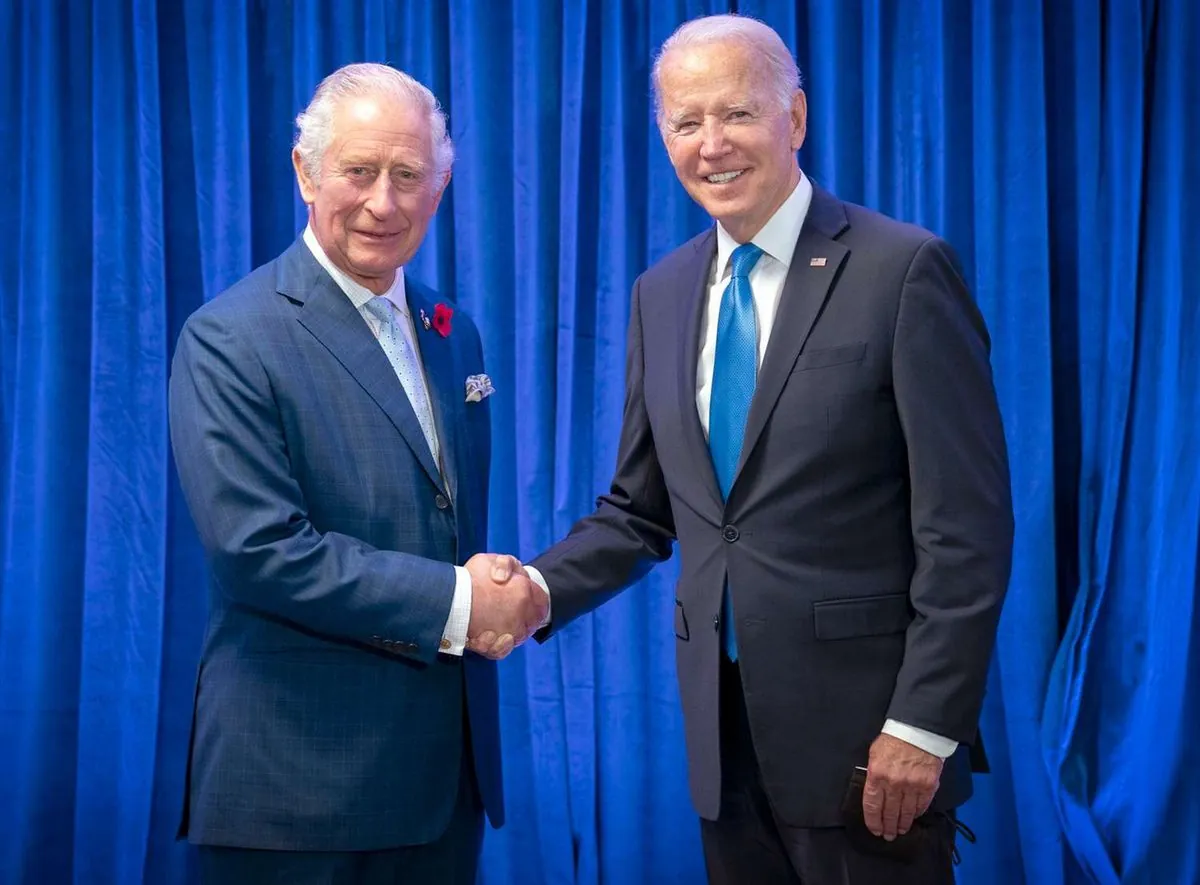The tradition of US presidents leaving handwritten notes for their successors began in 1989 with Ronald Reagan. As the world anticipates the November 2024 election, global leaders and thinkers offer advice to the next US president on navigating a changing international landscape.
The US role in the multilateral system is evolving. While still a dominant force, America's relative global influence has declined. The G7's share of global GDP fell from nearly two-thirds in 1980 to 43% in 2022. Meanwhile, emerging powers like China, India, and Brazil are asserting themselves on the world stage.
Despite challenges, the US remains a leader in many areas:
- Defense spending about twice that of China and Russia combined
- Top-ranked in Nobel Prizes and Olympic medals
- Only 25 million people live in countries with higher average incomes
However, the next president must address several key issues:
Embrace multilateralism: Work within international institutions to address global challenges. Avoid unilateral actions that alienate allies.
Balance domestic and global priorities: Address internal issues like political polarization while maintaining global leadership.
Invest in soft power: Promote American culture, values, and policies to enhance global attraction and influence.
Address climate change and poverty: Lead global efforts to combat these interconnected challenges.
Respect strategic autonomy: Recognize that allies may pursue independent foreign policies while maintaining partnerships.
The experts emphasize that US leadership remains crucial for global stability and progress. However, they urge a more collaborative approach that respects the interests of other nations.
"The United States does not need to turn in its crown just yet."
By embracing multilateralism, investing in soft power, and addressing global challenges, the next US president can help maintain American influence in an increasingly multipolar world.
